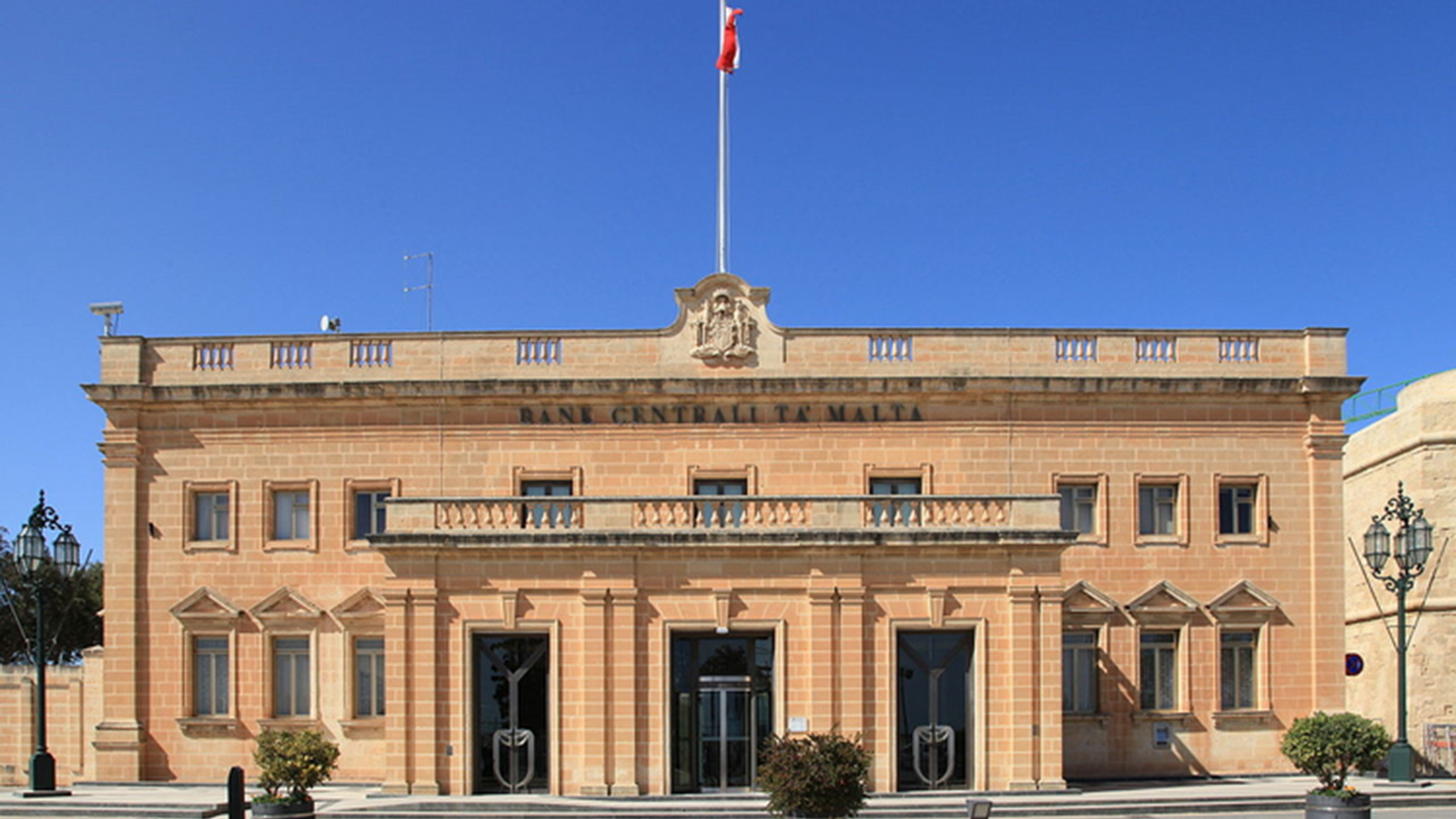Malta’s GDP Surges by 3.9% in Q2 2023

Malta, the picturesque Mediterranean archipelago, is basking in economic success as it witnesses a remarkable surge in its Gross Domestic Product (GDP). The latest statistics, released by the National Statistics Office (NSO), reveal that during the second quarter of this year, Malta’s GDP soared by an impressive 3.9%, marking a substantial increase of €416.9 million or 9.7% compared to the same period in 2022.
With these encouraging figures, Malta’s GDP has now reached an impressive €4.7 billion, a significant upturn from the €4.2 billion reported during the corresponding period the previous year. This remarkable growth underscores Malta’s economic resilience and stability.
But what exactly does this increase in GDP signify, and how has it been achieved? In this article, we delve deeper into the factors driving Malta’s economic success, the sectors contributing to this growth, and the implications for the country’s future.
The Economic Pulse of a Nation
Before we delve into the specifics of Malta’s GDP growth, let’s clarify what GDP represents. Gross Domestic Product is the standard measure used to gauge the value added through the production of goods and services within a country during a specified period, typically a quarter or a year. In essence, it serves as an economic barometer, reflecting the overall health and productivity of a nation.
In the case of Malta, the recent surge in GDP points to a robust and thriving economy. So, what factors have contributed to this substantial increase, and what do the numbers tell us?
Key Drivers of Malta's GDP Growth
One of the standout contributors to Malta’s GDP growth is the surge in final consumption expenditure, which rose by 2.9% in volume terms during the second quarter of 2023. This surge can be primarily attributed to a notable increase of 5.9% in private final consumption. However, in contrast, general government final consumption witnessed a decline of 3.8%.
Furthermore, exports of goods and services, in volume terms, registered an uptick of 2.5%, while imports of goods and services experienced a slight decline of 1.6%. This favorable balance between exports and imports plays a crucial role in boosting a country’s GDP.
Where is the Growth Happening?
Taking a closer look at the sectors within Malta’s economy, it’s evident that the surge in GDP is fueled by specific industries. Notable growth rates were recorded in the administrative and support services sector, which saw an astounding 25.4% increase. Financial and insurance activities also contributed significantly with a growth rate of 15.4%. Meanwhile, accommodation and food service activities demonstrated impressive growth at 21.8%.
These statistics paint a vivid picture of Malta’s economic landscape, highlighting the key sectors that are driving the nation’s GDP to new heights.
Outlook for Malta's Economy
In light of these remarkable figures, it’s essential to consider the future trajectory of Malta’s economy. Last month, the Central Bank of Malta revised its GDP growth projections for 2023, forecasting a growth rate of 3.7% for the year, down from the robust 7% witnessed in 2022. Furthermore, the bank predicts a gradual slowdown, with Malta’s GDP expected to edge down to 3.6% by 2025.
These projections, while indicating a slight moderation in growth, still underscore Malta’s economic resilience amid global economic challenges.
Government's Economic Strategy
In response to the released statistics, the Labour Party, which currently governs Malta, hailed the success of the government’s economic strategy. According to the party, these figures serve as a testament to the effectiveness of the government’s policies in fostering economic growth.
The Labour Party commended the government for achieving GDP growth significantly higher than the Eurozone average of a mere 0.6%. Notably, the PL pointed out that a substantial 80% of the increase in GDP could be attributed to the financial and administrative sectors.
“While the international economic situation is far from ideal, Maltese businesses are demonstrating their resilience by increasing their export activities,” the party stated. “This reaffirms that the government’s economic strategy has not only shielded local businesses from the adverse effects of the global economic situation but has also enabled them to expand their operations.”
Frequently Asked Questions
What is GDP, and why is it important for a country’s economy?
Gross Domestic Product (GDP) is a crucial economic indicator that measures the total value of goods and services produced within a country during a specific period. It is essential because it reflects a nation’s economic health, growth, and productivity.
What are the key factors contributing to Malta’s recent GDP growth?
Malta’s GDP growth is primarily driven by an increase in private final consumption, growth in specific sectors like administrative services, financial activities, and accommodation, as well as a favorable balance between exports and imports.
What are the future projections for Malta’s economy, as per the Central Bank’s forecast?
The Central Bank of Malta predicts a GDP growth rate of 3.7% for 2023, down from over 7% in 2022. It also anticipates a gradual slowdown, with GDP expected to reach 3.6% by 2025.
How does Malta’s recent GDP growth compare to the Eurozone average?
Malta’s GDP growth significantly outpaces the Eurozone average, with the country achieving a growth rate of 3.9% compared to the Eurozone’s 0.6%.
What role has the government’s economic strategy played in Malta’s economic success?
According to the Labour Party, Malta’s government has played a pivotal role in fostering economic growth by implementing effective economic policies. These policies have not only shielded local businesses from global economic challenges but have also enabled them to expand their operations.
Recommended Posts

Banking in Malta – A Guide for Expats
July 3, 2024

Malta’s Business Framework: Tax, Finance
July 3, 2024

Discover Malta’s iGaming Hub
July 3, 2024



